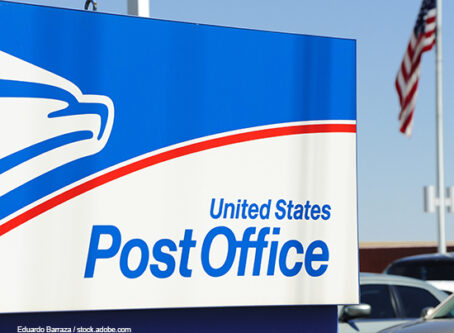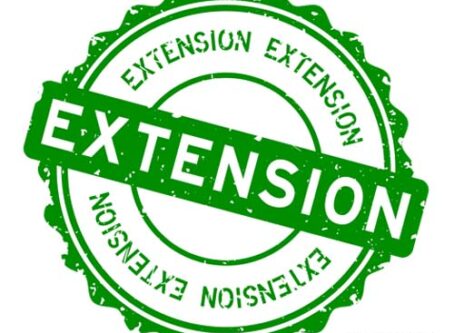Alliance of D.C.-area CEOs release report urging ‘performance-driven’ tolling
Inrix’s Global Traffic Scorecard ranks Washington, D.C., as the sixth most congested city in the nation. A group of CEOs in the capital region, which consists of D.C., Maryland and Virginia, have a solution: performance-driven tolling.
The Greater Washington Partnership, an alliance of CEOs in the capital region, recently released a proposal to solve the area’s congestion problem titled “Tackling the Capital Region’s Roadway Congestion: Performance-Driven Tolling.”
According to the report, performance-driven tolling is defined as “a mechanism to charge each single-occupant vehicle a fee to access congested roadways, which better manages the demand for the limited roadway capacity and delivers increased travel speeds and predictability, maintains roadways, incentivizes HOV use, and enhances multimodal travel options for the region.”
The theory is performance-driven tolling create incentives for consumers to divert trips to nonpeak hours, increase vehicle occupants or choose public transportation or carpooling. The alliance says that if just a small number of consumers shift their driving behavior, speeds and reliability of highways will be greatly improved.
The group identifies challenges in the Washington and Baltimore metro areas, as well as along the Interstate 95 corridor connecting Richmond to the District of Columbia. There are approximately 10.2 million residents and their employers in the region, according to the report.
Members of the alliance are concerned about the region’s ability to sustain economic growth and retain talent when congestion costs in terms of both money and quality of life. To solve this issue, the Greater Washington Partnership is urging decision-makers to take action as the alliance continues to promote the actions necessary to move forward.
The Greater Washington Partnership identified six principles for performance-driven tolling:
- Tolling investments should improve the transportation system, not just the tolled facility
- Toll planning should be coordinated regionally to deliver the benefits of greater mobility and reliability to all consumers of the transportation system
- Decision-makers should prioritize providing enhanced connectivity to the greatest number of people, not moving the most vehicles or generating the most revenue
- Consumers of all income levels should benefit from the tolling investment, including those without the financial means to afford the tolls
- Tolling revenue should be invested in cost-effective public transportation enhancements
- Public agencies should conduct robust and broad public engagement to develop goals, performance metrics and public benefit assessments for each tolling project, whether delivered by the public agency or by a public-private partnership
The report claims this system will improve mobility on highways that include Washington and Baltimore Beltways, I-95 and I-270. Performance-driven tolling will connect these facilities to enhanced toll operations on highways such as the Intercounty County Connector and the network of tolled facilities in Northern Virginia connected by the Woodrow Wilson Bridge and a new American Legion Bridge, according to the report.
Texas A&M Transportation Institute’s Urban Mobility Scorecard estimates congestion in the region costs nearly $5 billion a year, the fourth highest in the nation. Per commuter, congestion costs nearly $2,000 a year, the highest in the country. Baltimore commuters lose a little more than $1,000 per year.
There are 35 toll facilities either operating, under construction or in planning stages in Maryland and Virginia, with 13 in Maryland and 22 in Virginia. According to the alliance’s report, not all toll facilities use performance-driven outcomes, creating a patchwork of toll mechanisms with uncoordinated goals.
Board members of the Greater Washington Partnership is a Who’s Who of executives in the capital region. Companies with presidents and CEOs on the board include Johns Hopkins University, Capital One, Dominion, Under Armour, T. Rowe Price and The Carlyle Group.









